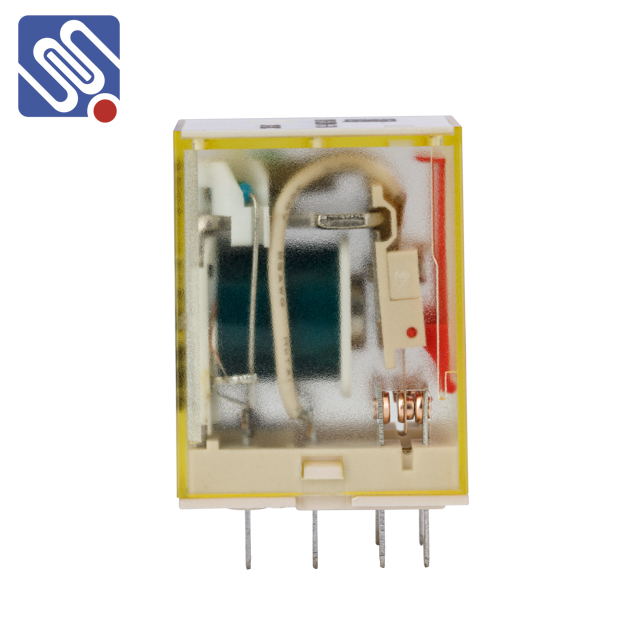relay performance metrics and meishuo: an insight into communication efficiency
Release time:2025-05-01 10:54:14
In the modern world of communications, relay systems play a critical role in ensuring the efficient transmission of data across various networks. These systems are integral to extending the range and capacity of communication networks, particularly in environments where direct communication between sources and destinations is not possible due to physical distance, obstacles, or limitations of the network. One of the significant factors in assessing the effectiveness of a relay system is the performance metrics that can be used to measure the efficiency, reliability, and overall success of data transmission. In this context, Meishuo stands out as a technology that aims to optimize relay performance, offering innovative solutions to improve these metrics.

Understanding Relay Performance Metrics
Relay performance metrics typically focus on several key indicators: throughput, latency, reliability, energy efficiency, and network capacity. Each of these metrics plays a crucial role in determining how well a relay system functions, particularly in the context of modern communication networks such as 5G, IoT, and satellite communications.
Throughput is perhaps the most widely recognized metric, measuring the rate at which data can be successfully transmitted through the relay network. Higher throughput indicates that more data is being transferred in a given time frame, which is essential for applications requiring high-bandwidth capabilities, such as video streaming or cloud computing.

